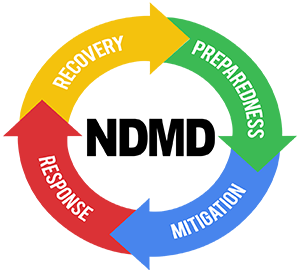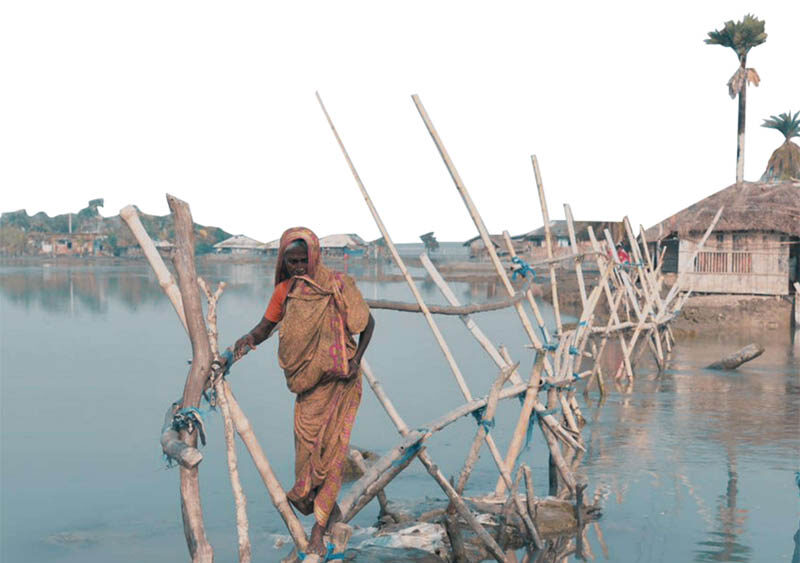The 27th UN climate conference (COP27) reached a key milestone in launching a brand-new loss and damage (L&D) fund and was a critical moment for addressing climate justice issues. This agreement took place after decades of consecutive and effectual advocacy from small island states, least developed countries and civil society in the Global South. The L&D fund will allow vulnerable countries to tackle the climate impacts faced by them. Nonetheless, it is crucial to operationalize the fund and be fair and inclusive while setting up the fund and governing it.
This report highlights the insights that emerged from a series of focus groups held with those representing and working with potential fund applicants in governments and organizations throughout the Global South regions: Africa, Asia, Latin America and Small Island Developing States (SIDS). Through the focus groups, participants provided an overarching scenario of on-the-ground needs and priorities which must be considered, the financial access bottlenecks that must be tackled, and the design features which should be taken into account to achieve intended goals.
Key cross-cutting recommendations on how the L&D fund can be operationalized:
- Adopt participatory and representative decision-making approaches
- Provide direct-access windows to local-level applicants
- Build institutional and technical capacities to address loss and damages through learning-by-doing approaches
- Adopt comprehensive, full-spectrum approaches to L&D finance that promote human rights and dignity
The report also provides in-depth recommendations for making the L&D fund work for its recipients and beneficiaries:
- Expand the sources of funding and its generation modality by tapping into private sector sources, blended finance, middle-high income polluting countries, etc.
- Governance process should allow decision making to be participatory, science-based and transparent
- Provide simplified access procedures and creating windows tailored to the needs of different actors
- Financing instruments should include long-term small grants, direct cash, seed investments, loans, programme and project-based funding
- Structure and channel of the fund should prioritize decentralized and devolved funding for local actors
- Beneficiaries of the fund should consider local and most vulnerable groups
- Reporting and accountability must consider accountability and grievance mechanisms for beneficiaries
- Mosaic solutions should include comprehensive responses to L&D, seek collaboration with other stakeholders and resonate with climate justice principles.


